Making a Written Submission
Tasmania’s parliamentary committees welcome submissions as sources of evidence, information and opinion. These notes provide a number of suggestions on how you might prepare and present a submission.
Who may make a submission?
Any person or organisation can make a submission to a committee. Individuals, community groups, private organisations, representatives of government departments and agencies and anyone else interested in an inquiry currently before the committee are encouraged to make a submission. A Committee may or may not accept a submission.
Terms of Reference
Before preparing your submission, it is important that you read the inquiry’s terms of reference carefully, as your submission must be relevant to the committee’s inquiry. The committee advertises its terms of reference, calls for submissions and identifies a due date for submissions in daily newspapers and on its website. If an issue is of obvious local concern, advertisements will also be placed in local community newspapers. If you do not have a copy of the terms of reference, please contact the Committee Secretary.
Preparing a Submission
It is important that your submission addresses all or part of the terms of reference. You do not have to comment on every aspect of the terms of reference, nor are you confined to just one aspect. Your submission may contain factual information, opinion or both. You may wish to draw the attention of the committee to something relevant to the inquiry. You may choose to emphasise solutions to the matter or issue before the committee. This is entirely your choice. Your submission will be welcomed by the committee provided it is relevant, not frivolous or offensive in nature, and addresses the terms of reference.
Submission Format
There is no specific method for organising or presenting a submission. Your contribution can take the form of a letter, a short summary paper or a longer research document. You can include relevant data in appendices or incorporate them in the body of the text. It is important that the structure, argument and conclusions of your submission are clear. There are certain technical conventions that the committee asks you to observe, where possible :
Hard copy or electronic submissions
You can send your submission in hard copy, or electronically. If you send it in hard copy, a typed document on A4 paper is preferred. If this is not possible, a handwritten submission is acceptable; please ensure that your handwriting is legible.
Verification of your details
Please sign the submission. Sign on behalf of yourself, or on behalf of the organisation you are representing. If you are representing an organisation, please indicate your position in the organisation. If relevant, specify at what level the submission has been authorised : branch, executive, president, subcommittee, executive committee, national body, etc. If you are sending your submission electronically, please provide your name, and relevant contact details (such as address or phone number).
Electronic submission
You can provide your submission electronically, by email or on CD/DVD. Microsoft Word or PDF are the preferred formats. If you have any questions about the suitability of your file format/size, please contact the Committee Secretary.
Supplementary material
You may wish to support your submission with other forms of materials, such as a video, photographs or objects. Please contact the staff of the committee if you plan to do this, so that appropriate arrangements can be made. This can be on a loan or donation basis. Any material borrowed by the committee will be returned on completion of the inquiry.
Language of submissions
Submissions form part of the committee’s proceedings, and help inform the committee about matters relevant to the investigations. Submissions may be made public by the committee, and may be published on the committee’s website. Submissions should be relevant, should not contain offensive language or remarks, and should not be frivolous or vexatious. A committee can choose not to accept a submission if the committee feels it breaches any of these guidelines.
Sending your submission
You can post your submission to :
The Secretary
[Committee name]
Parliament of Tasmania
Parliament House
HOBART TAS 7000
If you would like to email or fax your submission, check the inquiry webpage via www.parliament.tas.gov.au, to obtain the correct email address or fax number.
Parliamentary Privilege
A submission to a committee becomes a committee document once the committee formally decides to accept it as a submission. A committee may decide not to accept a submission as evidence if it is not relevant to the terms of reference, or is offensive, or for some other reason.
Once the committee has reported to Parliament, any subsequent publication of it by the committee is protected by parliamentary privilege. This means that what you say in your submission cannot be used against you or anyone else in any court or place out of Parliament.
Parliamentary privilege only extends to submissions that are received by the committee. If a submission is published in another form or for another purpose without the authorisation of the Committee, that publication will not be protected by parliamentary privilege. This means that you should not reproduce the submission in another format or context.
It is against parliamentary rules for anyone to try to stop an individual or group from making a submission by threats or intimidation. It is also a breach of these rules for anyone to harass or discriminate against a witness because they have made a submission or have given evidence before a committee of the Parliament.
Confidentiality
If a witness wishes to have a submission kept confidential, please indicate clearly at the top of the submission or in a covering note, explaining why it is requested to be kept confidential. If only part of the submission is requested to be confidential, please detail that part on a separate page. The committee will consider requests for confidentiality, but cannot give undertakings in advance. If a witness has concerns about confidentiality, please discuss these with the Committee Secretary before you make a submission.
Public Hearings
Under certain circumstances, the committee might wish to discuss a matter further with the author of a submission. If this occurs, the committee will contact the author to discuss appearing at a public hearing.
Private Hearings
Under certain circumstances, the committee might wish to conduct some, or all of its hearings in private (sometimes referred to as “in-camera”). This happens for various reasons relating to such issues as sensitivity, confidentiality, privacy and security. This may be entirely a decision of the committee, or as a result of a witness requesting to be heard in private for some compelling reason and the committee deciding to hold the hearing in private. Unless authorised by the committee, anything relating to such a private hearing is privileged and confidential to the Committee. It would be a breach of that privilege if any unauthorised information relating to a private hearing were to be made known to anyone other than the Committee and the relevant witnesses. Any witness appearing at a private hearing of a Committee should discuss their concerns about the special rules governing their appearance with the Committee Secretary.
September 2009

